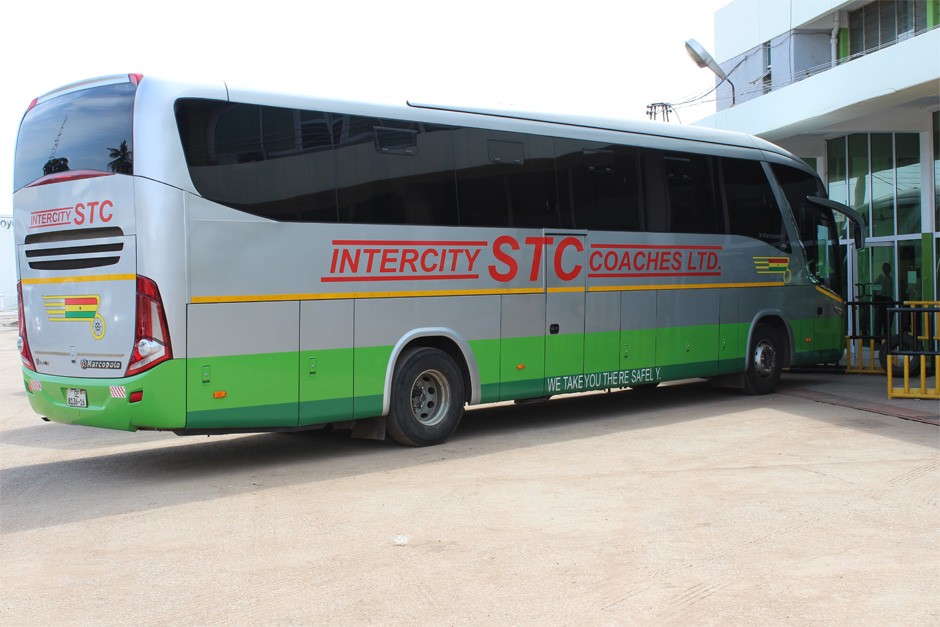The novel coronavirus disease (COVID-19) has put Inter-City STC and Metro Mass Transit Limited (MMT) into dire financial straits, compelling them to turn to the government for support.
The two state-owned transport companies have, averagely, lost 60 per cent of their monthly revenue and are struggling to pay the salaries of their staff, who number about 4,000.
They are also grappling with huge operational costs, including fuel, which is a consequence of the physical distancing requirement protocol that has compelled them to operate at half capacity.
This came to light when the Daily Graphic visited the companies in Accra yesterday to ascertain the impact of COVID-19 on their operations.
STC
The Managing Director of Inter-City STC, Nana Akomea, said the company had lost 70 per cent of its GH¢5 million monthly revenue to the pandemic and could barely maintain its wage bill and meet operational costs.
“Our international operations to Cotonou in Benin, Abidjan in Cote d’Ivoire and Lome in Togo, as well as Burkina Faso, account for 40 per cent of our monthly revenue, but we lost all of them because of the closure of the country’s borders.
“About half of the remaining 60 per cent of the revenue that is from domestic sources has also been lost due to the physical distancing requirement because our buses now take half of their capacity,” he added.
Nana Akomea said the company had also depleted its reserves in acquiring 100 buses and was still bearing some port and insurance charges on them.
Under the circumstances, he said, it was suffocating to meet a monthly GH¢1.5 million wage bill, in addition to fuel cost of GH¢1.4 million.
“So far, we have been able to pay our 700 workers 50 per cent of their salaries for April 2020, hoping to pay the outstanding amount later. We have sent a proposal to the government for support; the situation is dire and we hope to get a favourable response,” he said.
MMT
For his part, the Corporate Communications Manager of the MMT, Mr George Krobea Asante, said the company, which survived on internally generated funds (IGF), had suffered “drastic revenue losses” because of the movement restrictions.
He said apart from having to operate its buses at less than 50 per cent capacity, in compliance with the physical distancing directive, the company spent the meagre revenue it generated on putting in place safety systems to prevent the spread of the virus.
Mr Asante said given the circumstances in which the MMT found itself, it was left with no option but to turn to the government for support.
“We are in a dire financial situation because of the negative effects of COVID-19 and are struggling to keep and pay workers. The management has, therefore, sent a distress call to the government, through the COVID-19 Committee, for support, and that is how workers are being paid till now,” he added.
Explaining further, he said the MMT was not out of the woods yet, as the company was still struggling to break even in its operations.
Mr Asante added that although some transport operators had increased their fares to cut cost, the MMT had maintained its fares, in line with the company’s policy.
“By our policy, fares need to be 15 per cent lower than those charged by other transport operators, so we have kept to this policy and not increased our fares,” he said.
According to him, the company had not been able to put its new 50 buses to use because of the situation in which it found itself.

